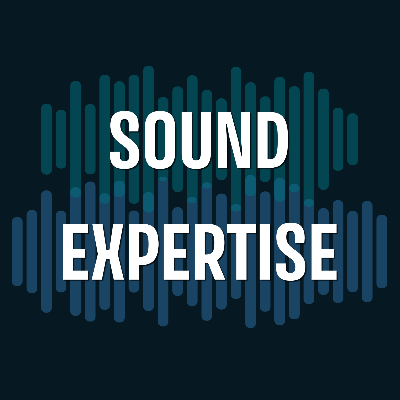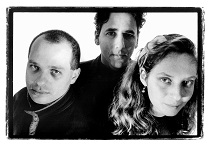By William Robin, Assistant Professor, Musicology & Ethnomusicology
“When things are tough all around us, we dream,” the composers Michael Gordon, David Lang and Julia Wolfe wrote in a letter to potential donors in 1996.
Bang on a Can, the contemporary music organization they had founded a decade before, had recently lost about a fifth of its budget because of massive cuts to the National Endowment for the Arts. But Gordon, Lang and Wolfe were undeterred.
“It’s a Bang on a Can thing,” they added in the letter. “Just as arts funding is collapsing, we’re mounting new projects to build a new audience for a new kind of music.” Within a year, the group had started one such project: the People’s Commissioning Fund, an innovative program which pooled small donations in order to commission composers to write works for a house ensemble, the Bang on a Can All-Stars.
This venture was a direct response to the perilous climate for American artists in the 1990s. When Newt Gingrich’s legislative manifesto, Contract With America, swept a Republican majority into Congress in 1994, the N.E.A. was on the chopping block. Since the late ’80s, when evangelical Christians denounced the photographs of Andres Serrano and Robert Mapplethorpe on obscenity grounds, the arts endowment had been a central target of conservative ire. In 1995, Congress voted to slash the N.E.A. budget by 40 percent — and, even more drastic, to eliminate nearly all grants awarded to individual artists.
For American composers, who had relied on those grants for decades, the dangers were clear. “There is no art without artists,” representatives of the American Music Center wrote to Jane Alexander, President Bill Clinton’s N.E.A. chairman, before the congressional cuts. “Direct support to artists makes possible research and development in the arts, not only for artists themselves but for the future of art. The resulting work of individual artists can sometimes be messy or controversial, but it is necessary.”
After the cuts, institutions scrambled to adapt to getting even less support than the middling assistance the government had previously offered. “Funding for individual artists has been under attack for years, and with N.E.A.’s ongoing cutbacks the situation has become even more grim. We decided to take matters into our own hands, and began appealing directly to the people to support new work,” Michael Gordon wrote in 1999 of the creation of the People’s Commissioning Fund two years earlier.
The directors of Bang on a Can had long been taking matters into their own hands, creating a home for avant-garde music amid a decline in public funding. Arriving in New York in the mid-1980s fresh from graduate studies at Yale, Gordon, Lang and Wolfe had tired of the kind of new-music concerts that seemed to cater exclusively to a small circle of fellow musicians.
They wanted to reach a broader public. In 1987, they put on the first Bang on a Can Festival, a 12-hour marathon that they billed as an “eclectic supermix of composers and styles from the serial to the surreal.” They heavily promoted the concert, mailing out fliers, hanging posters and pitching newspapers for coverage. They kept ticket prices low, sold beer at the venue — a gallery in SoHo — and skipped traditional concert niceties like program notes. It worked: The gallery reached capacity, with more than 400 people dropping by into the early hours of the morning.
To read the full article click here.
William Robin’s book “Industry: Bang on a Can and New Music in the Marketplace” will be published on Feb. 22 by Oxford University Press. That evening, he will discuss it with the music critic Allan Kozinn in a livestreamed event hosted by the 92nd Street Y.






